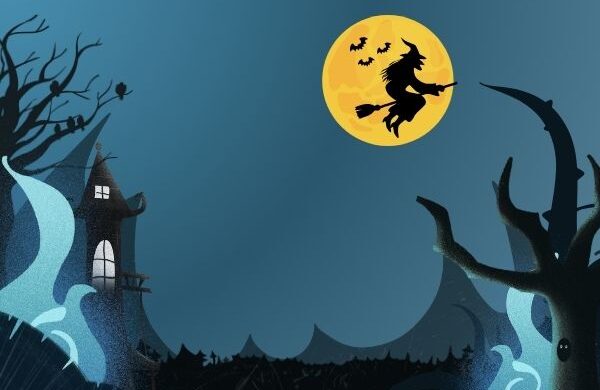What is a String Quartet?
Now that we’ve explored two powerhouse genres in classical music (the symphony and the opera), it’s time to learn another historically significant music term—the string quartet!
Have you ever heard of a string quartet? It’s a genre of music that only uses instruments, no voices, and is much smaller than the symphony. It has existed for centuries and became incredibly popular in the late 1700s.
Let’s get to know this genre of classical music and learn about some famous examples from music history.
Terms to Know:
Chamber Music – Instrumental music played by a small group of musicians, often with just one or two musicians per instrument. It’s called “chamber” music because it’s quieter than an orchestra and can be enjoyed in a smaller room.
Key – The group of notes that form the harmonic foundation of a piece of music. These notes typically belong to one scale (a specific sequence of notes).
Opus – The Latin word for a created work. In music, an opus number refers to a composition or set of compositions by a composer. A composer’s opus is numbered either in order of the date it was written or in order of the date it was published (or sometimes a combination of the two).
Theme (review) – Much like the theme of a book or piece of art, a theme in music is the subject of a work—the idea that a piece of music is written about.
What is a String Quartet?
A string quartet is a type of chamber music where a group of four musicians play a specific set of instruments together—two violin players, one viola player, and one cello player. Throughout the history of classical music, a lot of music has been written for this specific ensemble. Rather than using descriptive names, works for string quartet are often labeled in the following way: “String Quartet” followed by the key and the opus number (ex: String Quartet in C Major, Op. 27).
Like the symphony, string quartets are usually written in four movements. Unlike the symphony, string quartets do not use a conductor. The musicians play the music in sync by listening to each other, making eye contact, and rehearsing together ahead of performances.
Famous String Quartets from History
String Quartet in D Major, Op. 64, No. 5 “Lark” by Joseph Haydn
Austrian composer Joseph Haydn is considered to be the “father of the string quartet” because he wrote SO MANY (68, to be exact) and made them popular across Europe. His String Quartet in D Major, Op. 64, No. 5 has a mundane and relatable origin story: Haydn needed a good shave and offered to write a piece for visiting music publisher John Bland in exchange for some shaving razors. The piece is nicknamed “Lark” because of the soaring violin theme heard in the first movement.
Let’s listen to the first movement of Haydn’s “Lark” quartet. Do you hear the soaring violin line that sounds like a bird in flight?
String Quartet No. 1 in D Major, Op. 11 by Pyotr Tchaikovsky
This piece was the first string quartet that Russian composer Pyotr Tchaikovsky wrote (Tchaikovsky is the same composer who famously composed The Nutcracker ballet). Several of the themes heard throughout this work’s four movements resemble folk tunes. In fact, the most famous movement—Movement 2, “Andante cantabile,”—uses a theme from a Ukrainian folk song, “Vanya sat on the sofa,” which is about a peasant daydreaming about his love.
Let’s listen to the second movement of Tchaikovsky’s first string quartet, “Andante cantabile.” Do you notice the folk song melody?
“Lover” by Taylor Swift
Are you surprised to see Taylor Swift’s name in this blog post? There’s a long tradition of arranging works by other composers for the string quartet. This group of four instruments is versatile and adaptable to many musical genres outside the realm of classical music. In this example, Vitamin String Quartet has arranged one of pop star Taylor Swift’s bestselling songs into a gorgeous work for the concert hall.
Please enjoy this version of “Lover” by Taylor Swift, and feel free to sing along if you know the words!
Have you ever seen a string quartet performed? If you could have any song arranged for the ensemble and performed, what would you choose?
Before you go, you can check out all our music terms blog posts here.



